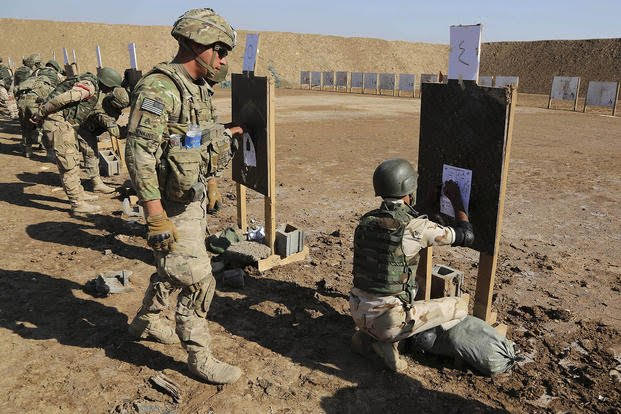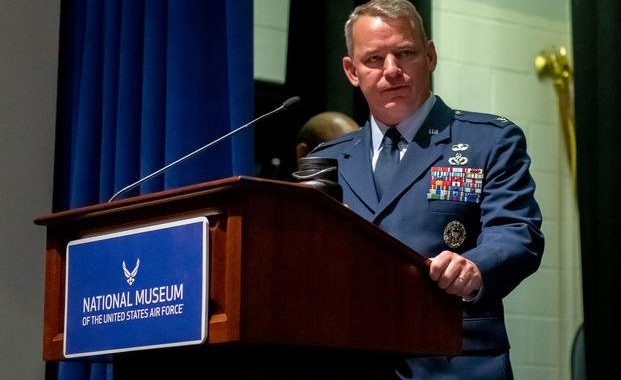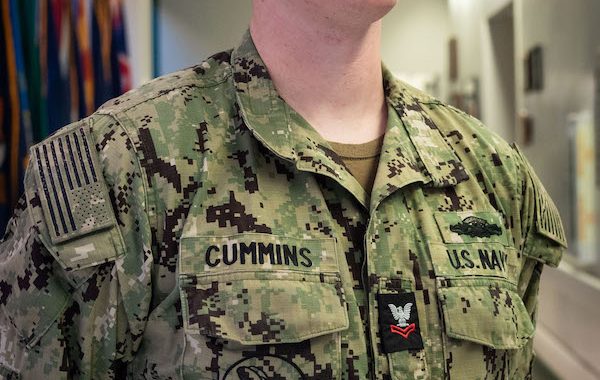The US Just Ended Combat in Iraq, but Thousands of Troops Will Stay Put for Now
2 min read
The U.S. military ended its combat operations in Iraq this week under terms from an earlier agreement, though thousands of troops will remain in the country for now, the Pentagon said Thursday.
About 2,500 service members are in Iraq after months of winding down the mission against the Islamic State group; they will continue advising and training Iraqi security forces after the transition was completed this week. The change was finalized at the conclusion of technical talks between the two countries Thursday.
The move marks a de-escalation of the U.S.-led coalition’s war against the Islamic State, or ISIS, that began in 2014 as the terrorist group swept through Iraq, staged public executions, and sponsored attacks around the world.
This is the natural evolution,” Pentagon spokesman John Kirby said, but will not result in any immediate change to the laydown and number of U.S. forces there.
The U.S.-Iraq agreement to pull all combat troops from the country by the end of this year was hammered out in July.
Former Iraqi Prime Minister Haider al-Abadi declared the military defeat of ISIS in 2017, after all territory such as the city of Mosul was reclaimed and the border with Syria was secured. But an insurgency waged by the group continued.
The terrorist group has been dramatically reduced to underground networks with no territory, but it once claimed 40,000 soldiers and controlled 110,000 square kilometers, according to the U.S.-led coalition.
“Many brave men and women gave their lives to ensure Daesh never returns, and as we complete our combat role, we will remain here to advise, assist, and enable the ISF, at the invitation of the Republic of Iraq,” Maj. Gen. John W. Brennan Jr., commander of Combined Joint Task Force-Operation Inherent Resolve, said in a released statement, referring to ISIS with the term used by Iraqis.
ISIS “is down, but not out,” Brennan said in the statement.
It is the second time in a decade that the U.S. has pulled back forces amid an apparent calming in Iraq. In 2011, President Barack Obama announced an end to the earlier Iraq War launched in 2003 to topple Saddam Hussein, only to re-enter the country three years later to fight the burgeoning terrorist group.
The main threat now to U.S. troops remaining in the country is Shia militia groups backed by Iran. The groups are blamed for drone and rocket attacks on U.S. bases in Iraq and Syria.
“We have to assume threats to U.S. forces remain credible in Iraq,” Kirby said.





